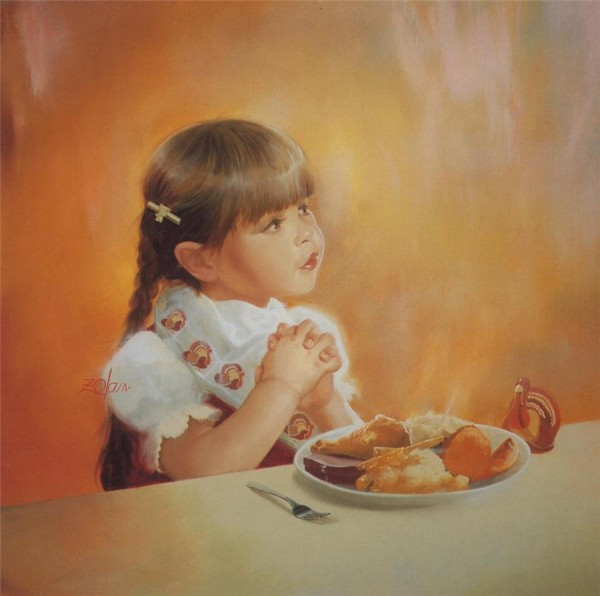Continued from part XXVI.
We can turn to God with a great variety of petitions. We can ask Him not only for that which is sublime and spiritual, but also for that which is essential for us on the material plane. “Daily bread” is what we live on; it’s our daily nourishment. Moreover, in the prayer we say: “Give us this day our daily bread.” In other words, we don’t ask God to provide us with everything necessary for all the subsequent days of our lives. We ask Him for daily food, knowing that if He feeds us today, then He will feed us tomorrow, too. Pronouncing these words, we express our trust in God: we trust Him with our life today, just as we trust Him for tomorrow.
The words “daily bread” indicate that which is necessary for life, and not anything excessive. One might set out on the way of acquisitiveness and, having everything necessary – a roof over one’s head, a piece of bread, and a minimum of material goods – begin to engage in hoarding and luxury. That way leads to a dead end, because the more one accumulates and the more money one has, the more one feels the emptiness of life, feeling that there are other needs that cannot be satisfied with material goods. Thus, “daily bread” is that which is essential. It is not a limousine, nor palaces, nor millions of dollars – it is that without which neither we, nor our children, nor our kinsmen can live.
Some understand the words “daily bread” in a more elevated sense: as “super-essential.” In particular, the Greek Church Fathers wrote that “super-essential bread” is the Bread that comes down from heaven – in other words, Christ Himself, Whom Christians receive in the Mystery of Holy Communion. Such an understanding is also justifiable, because besides material bread, one also needs spiritual bread.
Everyone can invest his own content into the concept of “daily bread.” During the war, a boy prayed: “Give us this day our daily bread,” because his main food was dried bread. The main thing necessary for the boy and his family for sustaining life was dried bread. This might seem funny or sad, but it shows that everyone – both old and young – asks God for what he needs most of all, for that without which he cannot live for a single day.




















